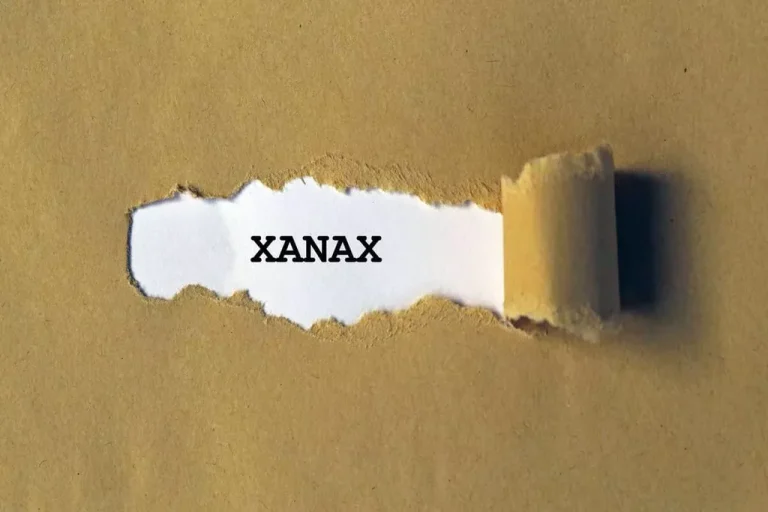
A few drinks may cause your heart to accelerate, which further increases the chances of flushing and sweating. Dr Jain says, “Alcohol impacts the central nervous system, the circulatory system, and every part of your body. Thus, drinking leads to an increased heart rate and widens blood vessels in your skin.” This tends to trigger perspiration. If someone has developed alcohol https://ecosoberhouse.com/ dependency, they may experience excessive sweating, hot flashes, and night sweats if they stop drinking. Hot flushes, commonly referred to as alcohol flush reactions or hot flashes, are a physiological response that can occur after drinking. Characteristics include the sudden reddening of the skin, particularly on the face and neck, and a sensation of warmth or heat.
Alcohol Withdrawal Hot Flashes
- When blood sugar gets low, it can result in shaking, along with other hangover-like symptoms, including sweating and headaches.
- Alcohol detox isn’t easy and not everyone can do it on their own.
- Generally, symptoms peak when BAC hits zero, but can continue for up to 24 hours afterward.
This will give your body a chance to metabolise it without overloading your liver. As your liver works harder, the more heat it will give off, and the hotter you’ll feel. Unfortunately, there aren’t too much options to stop getting hot when you drink alcohol. A lot of it has to do with the process of breaking down alcohol, which we can’t change. With that said, you can step outside and get some fresh air when you start to feel the heat from drinking. If you experience these types of symptoms without the extreme severity, it’s like that you’re dealing with alcohol intolerance, or alcohol flush reaction.

Changes in your skin

We use a pharmacist-formulated blend of Glutathione, Dihydromyricetin, Cysteine, L-Theanine, & B Vitamins to stop alcohol flushing before it can begin. Check out our article why do i feel hot after drinking alcohol regarding cancer risks and acetaldehyde for more details. Alcohol itself already causes dehydration, which is a major contributing factor to the symptoms listed above.

Alcohol Withdrawal and Hot Flashes
While a red, sweaty face may be harmless for some, it can signal potential Asian flush and health issues for others. There are also some simple ways to find relief such as helping metabolise alcohol and acetaldehyde faster with over the counter supplements. For most of us the chances of developing hypothermia are slim as long as we drink sensibly and avoid alcohol-induced bad decisions like going out in freezing weather.
At this point, alcohol has impacted your sympathetic nervous system, triggering your fight-or-flight response and producing physical symptoms. Dilated blood vessels cause the skin to feel warm and flushed, which can trigger the release of sweat. However, as many people drink alcohol in the evening, night sweats are common. It’s not uncommon for people to experience hot flashes following a night of drinking. In fact, hot flashes typically occur during a hangover, as our body temperature starts to rise from the low body temperature we had when we were intoxicated.
- This is because alcohol actually suppresses our immune system and can make it harder for our body to heal.
- A lot of it has to do with the process of breaking down alcohol, which we can’t change.
- Unfortunately, nothing can prevent reactions to alcohol or ingredients in alcoholic beverages.
- Combining alcohol with certain medications also can cause reactions.
- It’s a common myth that alcohol raises your internal body temperature, but studies show it can actually lower it.
What’s the best hangover cure?

A drink will warm me up
Why Do I Sweat When I Drink Alcohol?
- Night sweating may also indicate certain types of cancers, which a person can discuss with their oncologist.
- Or maybe you’re hit with a hot flash whenever you’re a few drinks in.
- It can happen if you have an alcohol use disorder, binge drink, or even if you’ve only had one drink.
- While you can usually manage alcohol withdrawal syndrome on your own, it can be quite uncomfortable.
- The CDC defines binge drinking as drinking that brings your blood alcohol concentration (BAC) to 0.08% or more.
